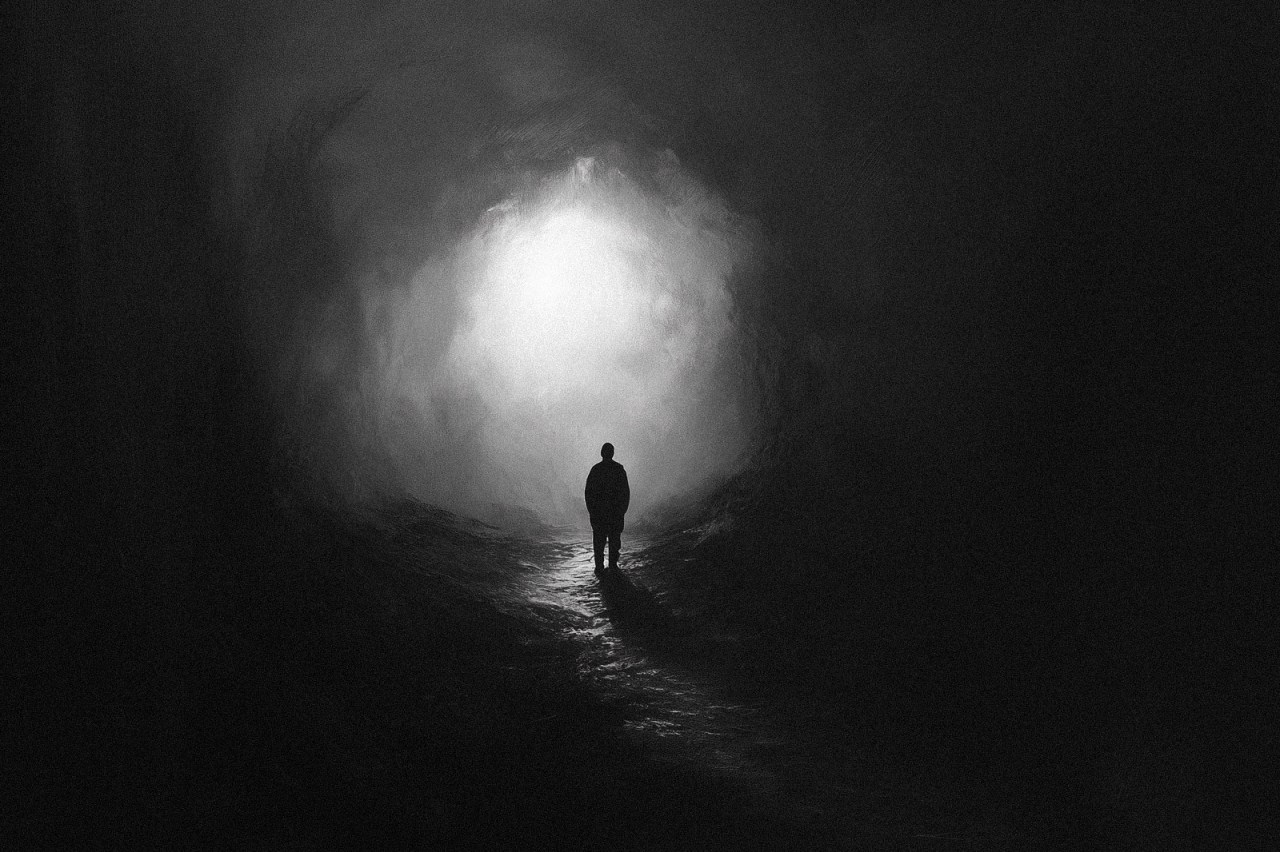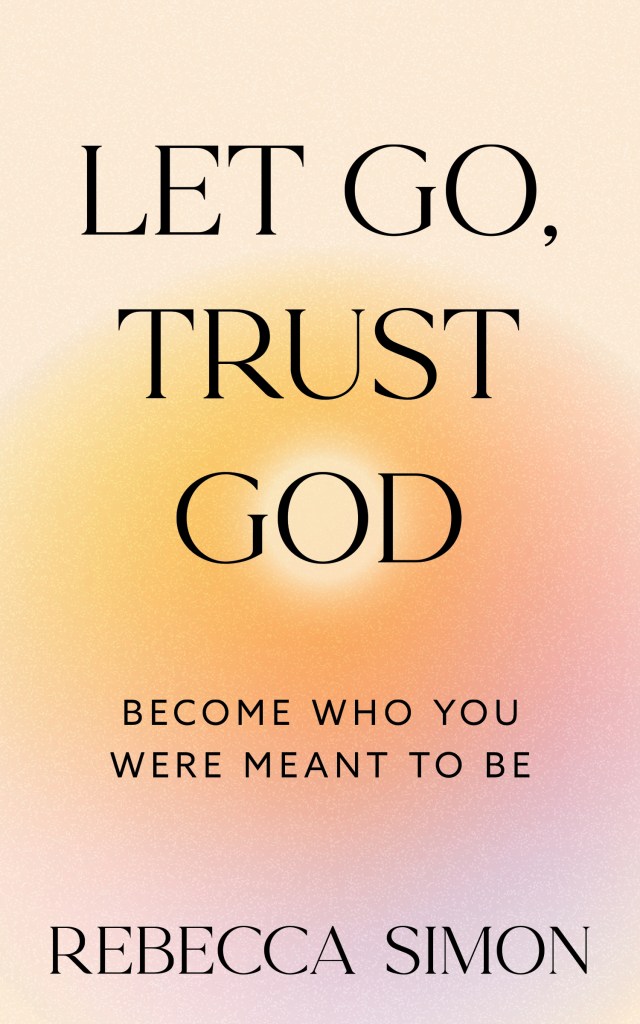They will be punished with everlasting destruction and shut out from the presence of the Lord and from the glory of his might. — 2 Thessalonians 1:9
I used to imagine hell as a place—a fiery pit painted vividly in Sunday school stories, filled with flames and a devil lurking in the shadows. But that image now feels too narrow, too distant. Hell isn’t simply some far-off eternal punishment waiting to devour the lost. It’s more immediate and more personal than that. Hell is wherever God isn’t—a quiet, hollow space that can invade your life long before you die.
For me, God is the anchor. He’s the steady presence when work overwhelms me, the whisper that tells me I’m enough when doubt creeps in, and the unconditional love that makes sense of a chaotic world. He’s the peace I find in prayer. He’s the certainty that I’m seen and heard, no matter the mess I’m in. So when I say hell is wherever God isn’t, I mean it’s the absence of all that. It’s not about literal burning or torment—it’s the emptiness that settles in when His presence feels out of reach. And I’ve felt that emptiness more times than I’d care to count.
There are moments when life mirrors that kind of hell. It’s in the haunting silence after a longtime friendship drifts apart or the aching void when a passionate romance crumbles, when you realize the connection you leaned on is gone. It’s in the restless nights staring into the dark, wondering if anything really matters. I’ve known it in seasons of loss—times when God felt so distant I couldn’t muster a prayer. It’s not a punishment handed down from on high. It’s just…absence, a space where the light dims and you’re left grasping for something solid.
That’s hell—not a roaring inferno of unending physical torments, but the suffocating weight of being cut off from hope, even briefly. It makes me wonder if hell isn’t always the enemy’s subtle lie: that we’ve been left behind, that God doesn’t care. It’s a trick to pull us away from the truth, which is that we have a choice, in this world and the next, to either accept God’s love or to reject it. This is what is meant by free will. God never walks away from us; we walk away from Him.
The biblical story starts with Adam and Eve choosing to walk away from paradise by disobeying God. They could have stayed in the Garden of Eden if they’d obeyed his one simple rule. Instead they said, “We’re out of here.”
I think it’s less about God’s absence and more about mine—my choice to stop looking, to stop trusting, to shut Him out. I’ve done that before. I’ve let pride or hurt build a wall, like when I was so angry over a betrayal that I turned my back on Him entirely. Hell isn’t God abandoning me; it’s me stepping away, choosing the shadows over the light that He never stops offering.
But here’s the part that keeps me going. If hell is wherever God isn’t, then I’m not stuck there. I’ve learned that through the hard days—the heartbreaks, the failures, the moments I wanted to give up. When that void starts closing in, I can push back with worship, with a quiet surrender, with a friend’s prayer over the phone.
I’ve sat with my journal, spilling out the chaos to Him, and felt His presence flood back in. At least before we die, hell doesn’t have to linger, because God doesn’t stay distant—not when I reach for Him.
So yes, hell is wherever God isn’t. It’s real, it’s raw, and it shows up in ways I never saw coming. But it’s not the final word. Heaven isn’t just a prize for later—it’s wherever He is now, in the small graces, the fleeting joys, the reminders that I’m not alone. I’ve seen it in a stranger’s kindness, a morning’s stillness, the strength to try again. Hell is the absence, but He’s the presence, and I’m clinging to that through every twist and turn of this life.

